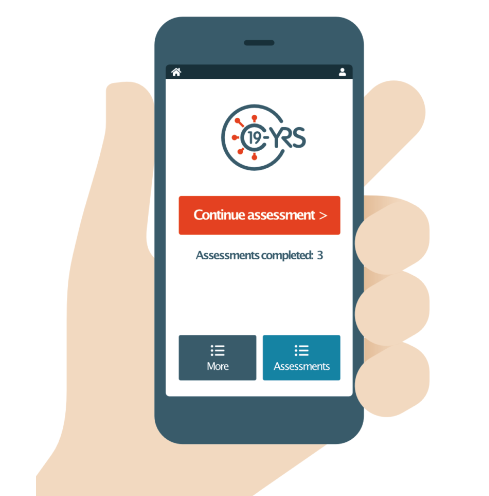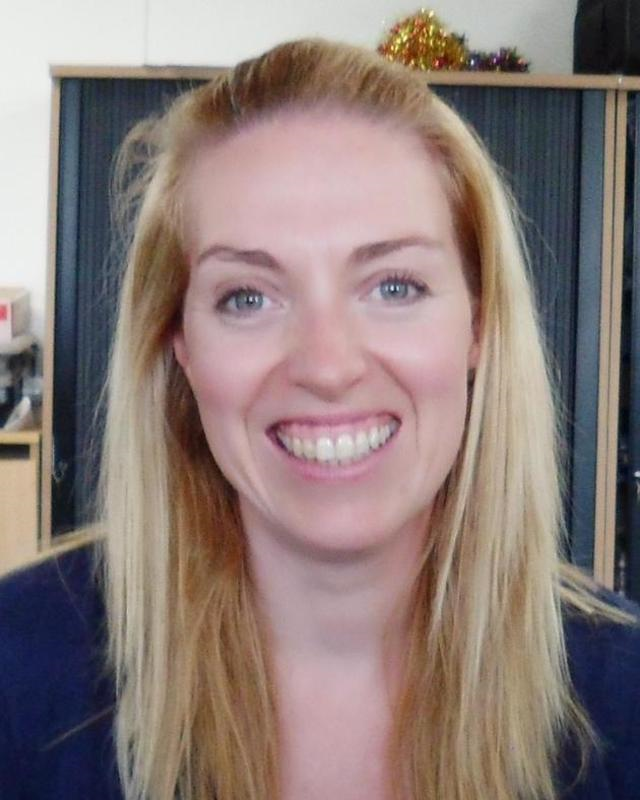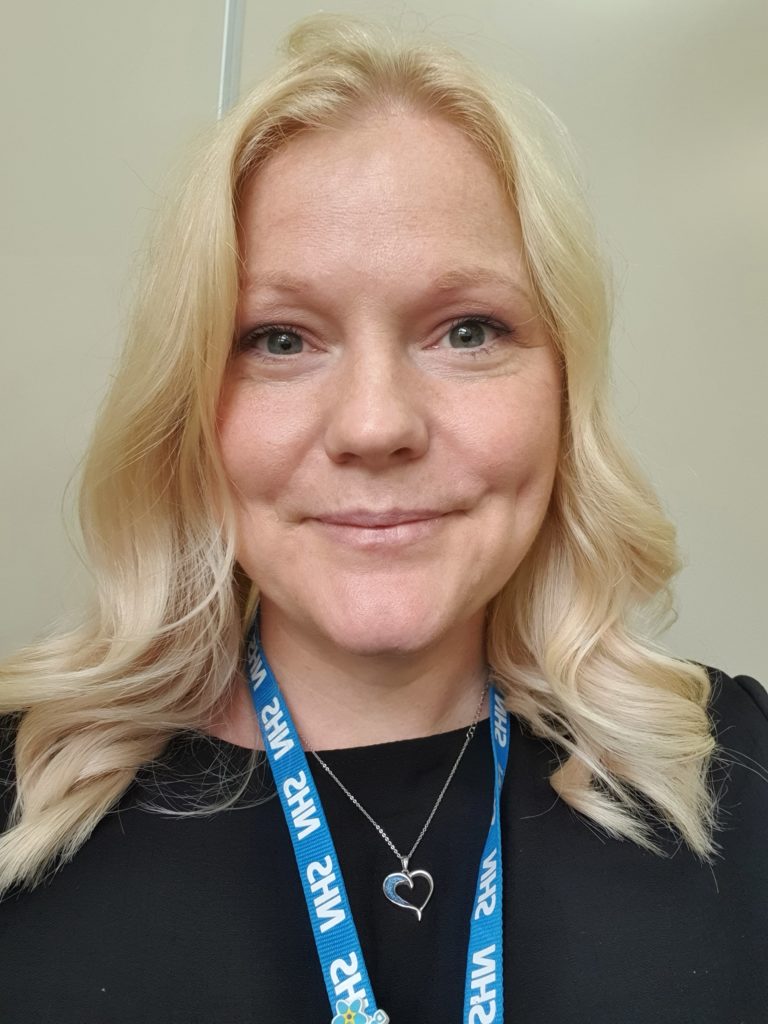A few months into the pandemic, it became clear around the world that many people were suffering longer term effects of COVID-19.
Even 12 weeks after having COVID-19, people experience symptoms including fatigue, breathlessness, pain, problems with sleep, blood pressure, temperature control, anxiety and post-traumatic stress disorder. This became known as ‘long COVID’, a new and complex condition.
Leeds was quick to respond.
With £3.4million from the National Institute for Health Research (NIHR), Leeds Community Healthcare NHS Trust, in partnership with the University of Leeds and supported by NHS Leeds Clinical Commissioning Group, Leeds Teaching Hospitals NHS Trust and Leeds GP Confederation, set up a temporary, long COVID service involving research from the start.
An award-winning team
Today, it’s a permanent service with research embedded. The Leeds Long Covid Community Rehabilitation Service’s 30-strong team comprises a wide range of skilled professionals from occupational therapist, physiotherapists, dieticians, rehabilitation assistants, GPs, consultants and psychological therapists.
Working with digital health company Elaros, they developed the world’s first tool, C19YRS, for measuring, monitoring and managing long COVID. People can download it to their mobile phones as an app to help them manage their own symptoms and to provide data to help health professionals support them.
Rachel Tarrant, Specialist Respiratory Physiotherapist and Clinical Pathway Co-ordinator for the service, said: “Long COVID has the potential to deepen health inequalities and is having a disproportionate impact on people with existing health conditions and from lower income backgrounds. The tool has helped us understand and prioritise what kind of help people need.”
As well as the team winning a joint award with Medipex for the app and a BMJ award for clinical leadership team of the year 2021, the World Health Organisation (WHO) adopted their long COVID rehabilitation booklet which is now being used around the world.
Working with ‘coronacoaster’
With around 1,000 people on their books at any one time and with no let-up in the number of new referrals, mainly from GPs, it’s a busy service.
“A large part of the challenge is helping people back to work – or even to school or college,” explained Rachel. “People are calling it ‘coronacoaster’ because rehabilitation is so up and down for them. There are good days and bad days, so we encourage employers to be flexible and supportive.”
“We run 10-week, self-management courses for people to join for an hour a week, with follow up one-to-one sessions if needed. This is helping them and helping us manage the sheer numbers of people.”
What’s the key to success?
Jenny Davison, Physiotherapist and Clinical Pathway Co-ordinator, believes the greatest key to success is their virtual, weekly, multi-disciplinary team (MDT) meetings. They include a wide range of professionals, from consultants to physios, occupational therapists, dieticians and mental health specialists, who discuss around 10 – 12 people’s cases each session.
“It means people aren’t being passed around from service to service and it cuts costs and saves time for everyone. They receive much more holistic and informed care more quickly,” said Jenny.
“We’re still collecting data to provide evidence of our impact but we know from people’s records, that once they are under our care they are less likely to attend A&E with these long term symptoms.”
Equipping others
The team is keen to equip those in other settings, such as GP practices, with what they have learnt. They’re working hard with the voluntary sector to set up peer support hubs as near to people’s homes as possible.
And sharing their insights hasn’t been limited to Leeds. They are also feeding into national and international learning via NHS England and the WHO.
On reflection
“In the middle of the pandemic I moved out of my comfort zone – from a hospital to a community setting – to help take on this challenge. It was the best decision I’ve ever made,” said Rachel.
“It’s brilliant to be part of a team where everyone is pulling together and making decisions together. We’re continually learning and want to remain at the cutting edge,” she said.
Jenny added: “I’ve learnt so much from so many other specialists. I’ve never felt so empowered in the NHS to make quick changes so we can provide the best possible care.”


